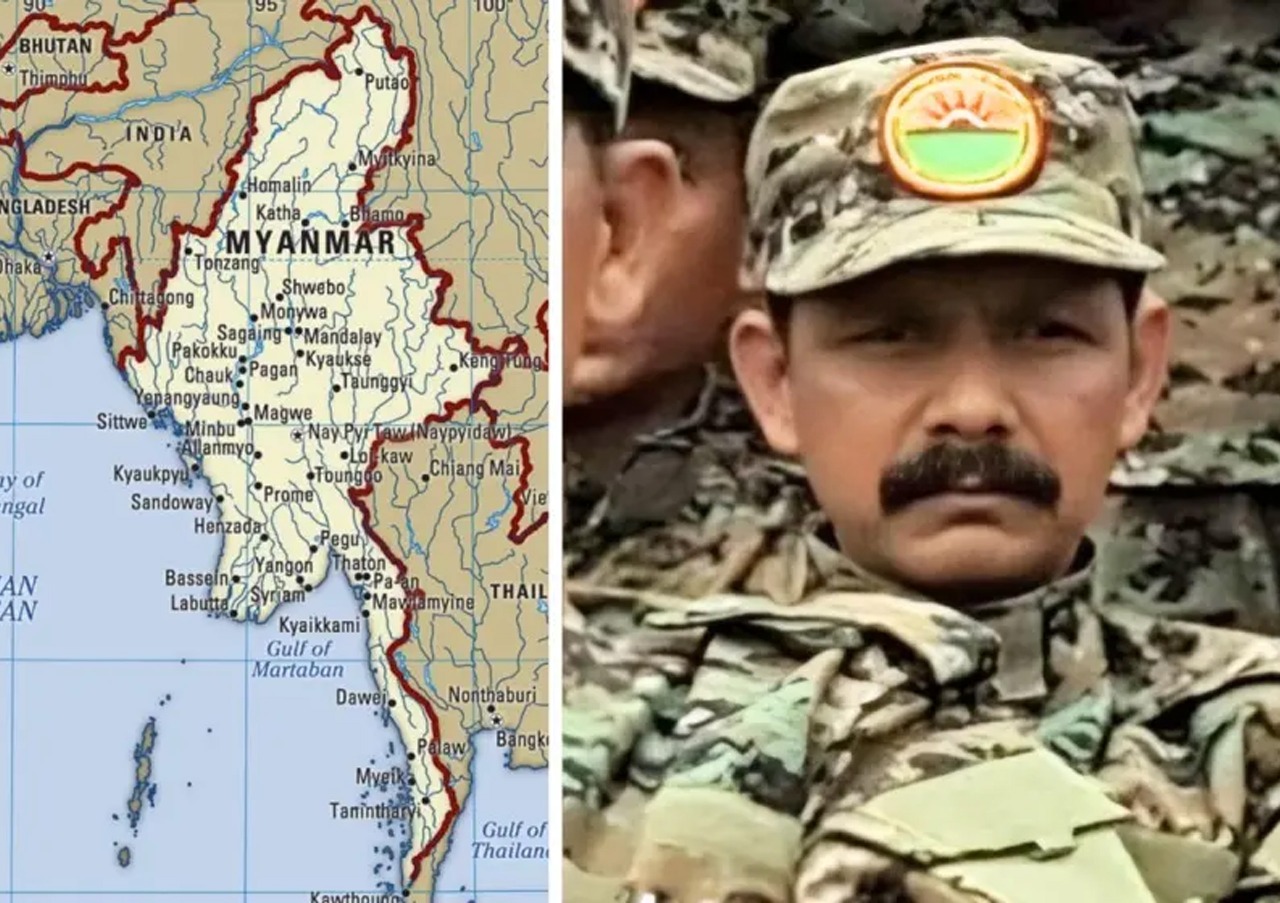
Guwahati:
The banned insurgent group ULFA(I) has claimed that drone and missile strikes launched by Indian forces struck its eastern headquarters in Myanmar early on Sunday, resulting in the death of senior commanders and injuring nearly 19 of its cadres. In a media release, the outfit alleged that two high ranking leaders, Brigadier Ganesh Asom and Colonel Pradip Asom, were killed in follow up missile strikes during the funeral of another commander, Lt Gen Nayan Asom.
According to the statement, the attacks took place between 2 am and 4 am across multiple mobile camps from Longwa in Nagaland to the Pangsai Pass in Arunachal Pradesh. The ULFA(I) alleged that over 150 drones, reportedly sourced from Israel and France, were deployed in the operation, with initial drone strikes followed by missile launches during the funeral ceremony.
A senior ULFA(I) spokesperson described the strikes as “barbaric” and promised that the outfit would launch a retaliatory response. However, the group has not provided any documented evidence, such as photos or flight logs to back its claims.
The Indian Army has categorically denied any involvement or prior information about such operations. Lieutenant Colonel Mahendra Rawat, the Army’s Public Relations Officer in Guwahati, said: “There are no inputs with the Indian Army on such an operation”.
Similarly, Assam Chief Minister Himanta Biswa Sarma stated that the state government has received no official confirmation from any central agency about the alleged strikes. “Assam Police is not involved in this incident,” he emphasised, while adding that officials are monitoring the situation and awaiting formal communication from the Indian Army or central authorities.
ULFA(I), led by Paresh Baruah, continues to maintain several training and operational camps in Sagaing Division, Myanmar. According to government data, the group commands around 200–250 cadres and is believed to possess close to 200 weapons, including rocket launchers, IEDs, and assault rifles.
The outfit remains fiercely opposed to peace negotiations with the Indian government, citing a demand for full sovereignty for Assam. It is estimated that ULFA(I) still controls at least three camps along the India–Myanmar border, including a major training headquarters and regional command centres.
Security experts say the ULFA(I) claim, if confirmed, would mark a rare instance of cross-border strikes by India aimed at neutralising high profile insurgents. India has previously denied carrying out such operations; however, its military is known to closely coordinate with Myanmar’s Tatmadaw against militant hideouts in the region.
The alleged attack comes amid increased pressure on militant camps in Myanmar, as part of broader counter insurgency efforts tied to peace accords with other Northeast factions. The pro-talk ULFA faction signed a historic peace deal with the Indian government in December 2023, marking a major step toward regional stability.
The ULFA(I) remains outlawed under Indian anti terror legislation, with its ban recently renewed by a judicial tribunal in May 2025. Intelligence reports estimate up to 200 to 250 active cadres still operate within Myanmar territory.
As both sides await definitive confirmation, questions continue to swirl about the legality and impact of such strikes. ULFA(I)’s threat of retaliation raises the risk of a damaging escalation. Yet for now, officials from both India and Assam are calling for restraint until credible evidence by way of official military statements or field intelligence is forthcoming.
With uncertainty still ruling the narrative, the developments have intensified scrutiny of India’s counter terror and cross-border security strategies and highlighted the fragile balance between offensive military action and diplomatic tact in the region.